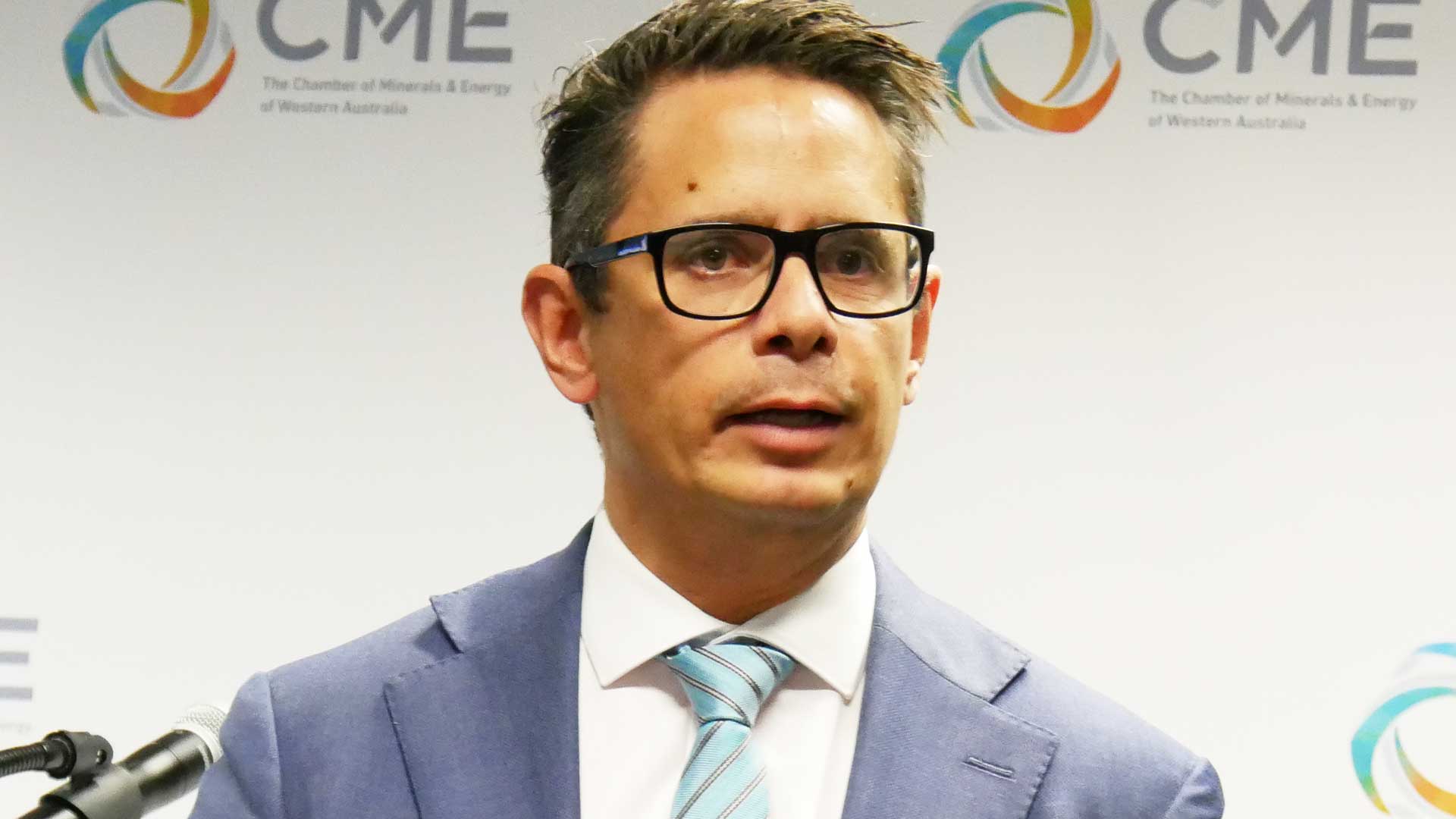The Chamber of Minerals and Energy of WA (CME) has detailed a clear list of recommendations to the Australian Government ahead of its May Budget, saying that while significant opportunities remain for the resources sector to drive local and global decarbonisation, it won’t happen without the removal of barriers within the Government’s control.
CME Chief Executive Officer Rebecca Tomkinson said that even without deteriorating market conditions for some commodities, Australia needed to act now to mitigate intense global competition for investment capital amidst geopolitical tensions, rising costs and persistent labour shortages.
“Let’s face it, we don’t have competitive fiscal and policy settings right now and that endangers project investment, job security and a well-executed, ESG-compliant energy transition,” Ms Tomkinson said.
“One area where both the state and federal Governments can make a huge difference is to act more businesslike in terms of service delivery and improved efficiencies. Removal of regulatory complexity, overlap and process duplication should be at the top of the list.
“Federal reforms must not result in more productivity-killing red tape which leaves Australia less nimble and competitive than other global jurisdictions.
Ms Tomkinson said while some change was necessary and positive, the Government needed to consider the risks created by policy uncertainty, or worse, a perception of volatility. She added that the considerable number of current and future reforms in the pipeline must undergo thorough and genuine consultation.
“This is key to ensuring reforms are well considered, well communicated and ready for implementation,” she said.
“In line with our repeated calls for competitive and stable fiscal settings, the introduction of a production tax credit for battery and critical minerals projects is another key recommendation, especially in light of the recent commodity price falls for nickel and lithium.
“Tangible actions like this will support Australia’s broader ambitions to sustain a globally-competitive, value-adding battery minerals industry.”
Ms Tomkinson also highlighted the continued necessity for a low-emission, reliable and globally cost-competitive energy system for the resources sector to achieve emissions reduction targets while providing the minerals and energy commodities required to deliver the energy transition.
“The sad fact is the majority of these recommendations are not new asks of Government. The playlist is much the same in 2024 as it was in 2023, 2022 and through to pre-covid years,” Ms Tomkinson said.
“Most of all, we need action. We need governments to do what they say they will do in a timeframe that keeps our state and our country competitive.”



